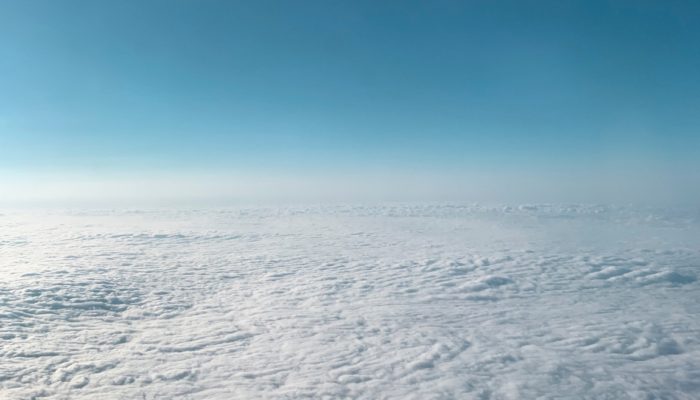
I am feeling strong emotions and also conflicted as I write this short piece. This morning, 4 days before the Transport Knowledge Hub event ‘Decarbonising Transport’, I was sat in an office on Broadway in New York watching footage on my laptop of one of my heroes, climate crisis activist Greta Thunberg, addressing today up to 30,000 people in Bristol, the home of my university – UWE.
Where am I writing this? I’m 35,000 feet above the Atlantic. Flying back from New York to London having been on a trip to discuss rethinking transport planning to address uncertain change and a need to decarbonise transport. A hypocrite you might say? I paid the carbon offset for the trip. But it still didn’t feel like it meant much to do that – easing guilt rather than paying my dues to Mother Nature.
After a week away, I’m looking forward to seeing my family – my wonderful children, the youngest of whom is five. He’ll be 35 by the time 2050 is reached – the date we have set ourselves in the UK to clean up our act; to clean up transport. Sitting on the plane eating my packaged food I have been watching the documentary ‘The Eleventh Hour’. I encourage you to watch it if you get the chance – if you do, see if you still have the conscience afterwards to subscribe to a business as usual society driven by consumption, profit and growth.
I want to quote one of the commentators at the end who, uncannily, has my surname – Oren Lyons, Faithkeeper, Turtle Clan, Six Nations, Iroquios Confederacy:
“So what if we choose to eradicate ourselves from the earth? Whatever it means, the earth goes nowhere. And in time it will regenerate. And all the lakes will be pristine; the rivers, the waters, the mountains – everything will be green again. It will be peaceful. There may not be people. But the earth will regenerate. And you know why? Because the earth has all the time in the world. And we don’t“.
I’m someone who has devoted my career to trying to understand and influence travel behaviour in the context of social and technological change in order to achieve better stewardship over the future in terms of sustainable mobility. On 3 March I will have had the privilege of speaking at the Transport Knowledge Hub event. I’ve set out in detail what I wanted to say there in a LinkedIn article[1].
In a nutshell, I would say the following. A growing number of us stand with one foot in business as usual and one foot in the movement for change. Change is not easy. But we need to work out how we are going to change transport and how we are going to bring about that change at considerable pace. This is system change – fundamental socio-technical transitions across modes – that needs to happen within 30 years from now or less. This change will only be possible if there is the political will and stamina to overcome the inertia of incumbent ‘businesses as usual’ that are our source of carbon emissions. It will require education of our population and of businesses to understand the need for change, what change is coming and how they can respond. It will require investment in technological innovation that can make transport cleaner when we do travel. It will require fiscal measures – pricing – to ensure we can achieve change in supply and demand for travel much more quickly than we have seen before.
I firmly believe in the precautionary principle. We are facing an existential risk and our leaders owe it to us to put that principle into practice – we in turn as professionals and as citizens need to play our parts, however small, in helping the system change. But we don’t have all the time in the world.
[1] https://www.linkedin.com/pulse/earth-has-all-time-world-humanity-doesnt-glenn-lyons/
About the Author
This post was written by Glenn Lyons. Mott MacDonald Professor of Future Mobility, UWE Bristol
